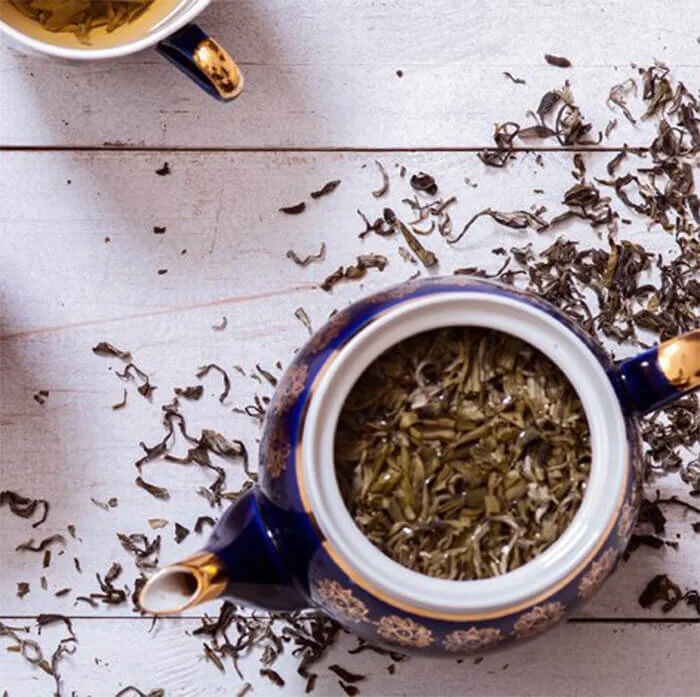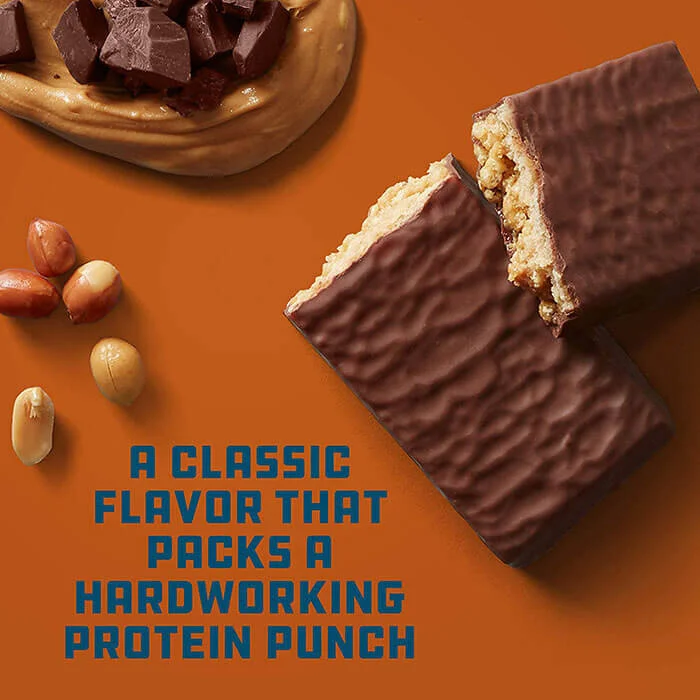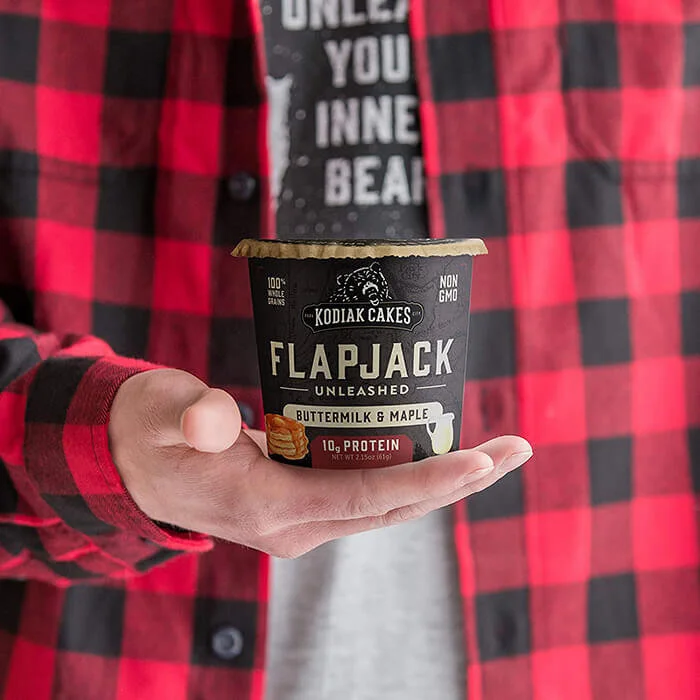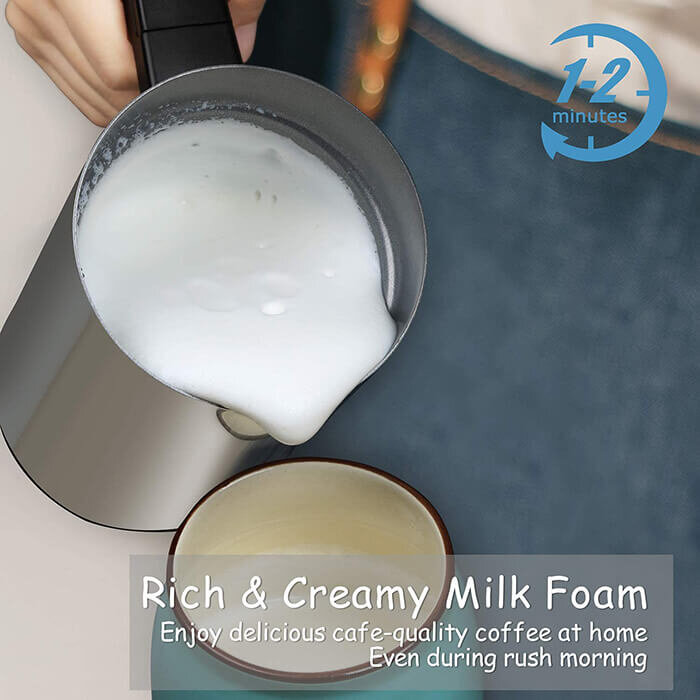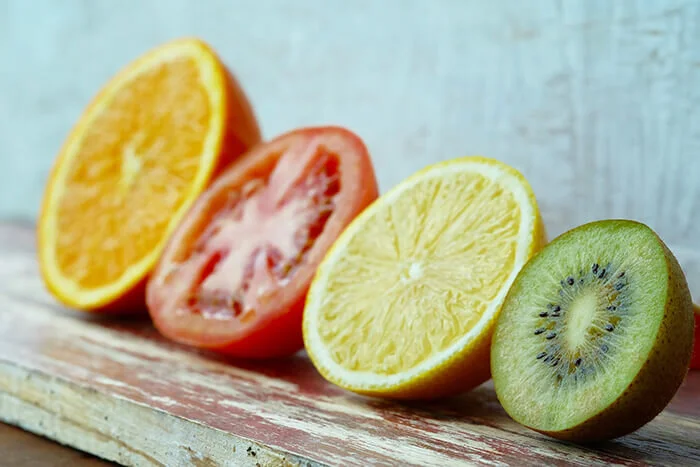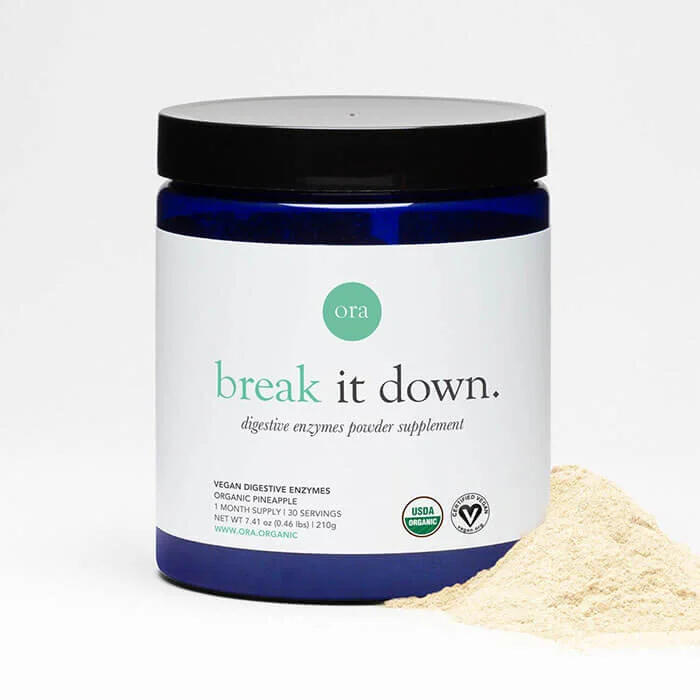Top High Energy Foods For Anxiety Relief
You might think that people are less stressed today thanks to all of the technology available focused on making people more efficient. However, you’d be wrong. More and more people suffer from chronic stress to the point where it is becoming a public health crisis. Concerns about money, work, family, and the economy tend to be high on the list of stressors. As well, the very thing that is meant to make your lives easier - technology - can also add even more stress to your life. The constant need to be connected online and leads to more information flowing into your life than ever before. It can be distressing and distracting. The rise of social media has led to even more stress as many people find their life lacking when they compare it to that of friends or influencers.
Chronic stress doesn’t just wear you down mentally, it can also lead to serious health issues. If you don’t get a handle on your stress, it can lead to:
Cardiovascular disease
Digestive disorders
Accelerated aging
Decreased immune system function
Obesity
Insomnia
Diabetes
In addition to your own health, consistent stress can also take a toll on your personal relationships and job performance leading to mental exhaustion, burnout, and social isolation. If this sounds like you, then it might be time to make some lifestyle changes.
While you should definitely add in mindfulness and self-care routines into your daily habits to reduce your stress, another way you can manage it is by changing up your diet. Yes, that’s right, the food you can eat affect your overall stress levels and mood. Our bodies tend to crave fatty and sweet foods when stressed because the hormones released during these times tell our brains that we need to replenish energy. It’s why people often reach for ice cream or junk food when stressed. Unfortunately, these foods can have the opposite effect. Luckily, there are plenty of options you can turn to if you need some energy giving foods.
Herbal Tea
For many, just the act of drinking herbal tea can foster a sense of tranquility. There’s been some research that simply holding and sipping a warm beverage can increase feelings of warmth and friendliness. If you don’t have any tea available or just aren’t a fan of tea, try drinking a cup of warm water with a little bit of lemon to soothe your frayed nerves.
If you do like herbal tea, there are certain ones that help reduce anxiety and stress a bit better than others such as:
Chamomile - one of the most ancient medicinal herbs known to mankind. Studies have found that long-term use can significantly reduce moderate-to-severe symptoms of anxiety.
Mint - this fresh-scented herb has been used for centuries to induce a feeling of calmness and relaxation.
Barley - while not as well known in the western world, in Japan barley tea is a staple drink. If you can find it, it’s a great stress reliever as it contains both melatonin and tryptophan. In addition to helping regulate your mood, barley tea also promotes better sleep.
Passionflower - This herb has become more popular in the herbal tea market, especially for those marketed for ‘sleepy-time’ and for good reason. It’s shown to be as effective as oxazepam, a prescription drug for treating patients with an anxiety disorder.
Valerian root - The smell might be off-putting, but valerian root has been used for years to help treat both anxiety and insomnia.
Dark Chocolate
If you’re a chocolate lover, then you’re probably breathing a sigh of relief to see chocolate on the list of stress-busting foods. The rub here is that it has to be 70% dark chocolate. Milk and white chocolate contain more sugar and less cacao, the ingredient that has stress-reducing qualities.
Of course, you don’t want to overindulge. The ideal amount is around one-fourth of a small dark chocolate bar (about one ounce). When choosing your chocolate, make sure to get ones that are high-quality and don’t have any unnecessary sugar. While more expensive, splurge on ‘bean-to-bar’ chocolate as these will have no hidden additives or chemicals. The easiest way to see if the chocolate is any good is to check the ingredient list. It should have two or three ingredients such as cacao beans, cane sugar, and cocoa butter.
Whole Grains
In recent years, carbs have gotten a bad rap, but the fact of the matter is that it’s a key source of energy for the human body. Even so, there are healthy and unhealthy carbs. The ones getting the most flak are the refined carbs you find in white bread, cookies, cake, and white pasta. These cause a quick spike and then crash in blood sugar.
On the other hand whole-grain foods like brown rice, whole rye, buckwheat, and whole wheat contain plenty of fiber, which helps regulate your blood sugar levels. Whole grains also contain plenty of vitamins and minerals. When eaten in moderation, carbs can temporarily increase levels of serotonin in your body, which can help improve your overall mood. So go ahead and say yes to pasta and bread...just make sure they’re made from whole grains!
Avocados
Avocados are delicious no matter how you eat it whether it’s as guacamole, avocado toast, or just sliced and added to a salad. This fruit (yes, avocado is a fruit) has seen a huge boom in popularity these past few years as a superfood. While high in calories, there’s some association between eating avocados and a lowered risk of high blood pressure and obesity. It’s also full of essential nutrients, phytochemicals, and fiber.
More importantly, avocados are great for stress relief. It contains omega-3 fatty acids, which have been known to reduce stress and anxiety, boost concentration, and improve mood. It also contains vitamin B6 which helps the body make several neurotransmitters, including serotonin and Vitamin E, which can help widen blood vessels and form red blood cells. Altogether, it means that avocados are a heart-healthy food that you should incorporate more into your diet.
Fish
Like avocados, certain types of fish contain omega-3 fatty acids, most notably fatty fish like salmon, trout, sardines, and mackerel. Not only can omega-3 help improve mood and anxiety, but it can also help improve your overall cognitive functions. As well, salmon and sardines are one of the few foods that contain vitamin D. Vitamin D deficiency has been linked to mood disorders such as depression and anxiety. A recent survey found that around 42 percent of adults in America are deficient in vitamin D. Is it any surprise that more and more people are depressed and anxious every year?
If you’re not a big fish fan, you can still get your omega-3s from other foods such as avocado, chia seeds, flax seeds, eggs, and seaweed. You can also take fish oil supplements, though it should be part of a balanced diet. If you’ve never taken fish oil before, it’s important to speak with your doctor to find the best brand and dosage for your goals.
Warm Milk
Drinking warm milk and preparing it via a milk frother before bed has been a trick many people have used to cure insomnia. Much like warm tea, just the process of drinking a warm beverage can lead to a feeling of warmth and calm. Milk also contains tryptophan, an amino acid that helps promote sleep. As you know, getting the recommended amount of sleep (7-9 hours a night) improves your overall health while also reducing unnecessary stress on your body. In addition to promoting sleep, tryptophan is also essential in producing serotonin.
Besides tryptophan, milk has another big nutrient that helps reduce stress - calcium. Most people associate calcium with healthier bones and teeth, but it also is a key player in both depression relief and stress reduction. It works closely with other nutrients like magnesium and vitamin D to nourish your nervous system, thus preventing panic attacks, restlessness, and irritability.
Nuts
Nuts are a great energy food not just because they’re packed with calories, but because of their high concentration of B vitamins and healthy fatty acids. B vitamins are an important part of a healthy diet as they keep your body’s cells functioning properly. They also help you convert food into energy, make new blood cells, and maintain healthy skin and brain cells.
Many nuts also contain selenium, an antioxidant that helps prevent cell damage. It can also reduce inflammation, which can help improve your mood. You don’t want to take too much selenium though as it can have adverse side effects such as nausea, diarrhea, and brittle hair and nails.
Citrus Fruits
Citrus fruits are not only delicious, but they’re also excellent energy giving foods. Citrus fruits are high in vitamin C, a very potent antioxidant. Most people associate this nutrient for its immune-boosting properties, but it’s also a natural mood enhancer. Some recent studies have found that vitamin C can reduce stress levels and potentially prevent anxiety.
You probably already know oranges are high in vitamin C, but there are many other fruits and vegetables that have the nutrient like grapefruits, strawberries, broccoli, red peppers, leafy greens, and more. Besides being a great stress reliever, vitamin C can also protect against cardiovascular disease, eye disease, and even skin wrinkling. So you can feel better and look younger!
Probiotics
The best way to support a healthy gastrointestinal environment is by ingesting bacteria known as probiotics. While you can now find these in supplement form, you can also get them naturally from eating fermented food such as kefir, kombucha, and miso. Probiotics have become pretty popular in the healthy living market due to the many benefits it imparts during digestion.
So what do probiotics have to do with stress? Research has found that the gut and brain are connected, creating a partnership dubbed the gut-brain axis. The two are linked through biochemical signaling. When you’re anxious or upset, you often feel that your stomach is upset. On the other hand, if you’re experiencing gastrointestinal issues like IBD, it can trigger anxiety or depression. Probiotics can help aid in digestion, which can lead to improved anxiety, depression, and elevate your overall mood. They produce molecules such as serotonin and gamma-aminobutyric acid, both of which positively influence mood.
High Fiber Foods
You’ve probably heard it from other nutritionists or even your doctor, it’s important to eat foods high in fiber. While fiber in and of itself doesn’t provide any nutrients, it serves several important functions in your body:
It balances your blood sugar and prevents spikes in insulin
It increases your feeling of fullness, thus reducing overeating throughout the day
Helps your body absorb more nutrients
Maintains healthy gut
Because of all the health benefits of more fiber in your diet, it should come as no surprise that eating fiber-rich foods can help reduce anxiety, depression, and stress. If you want to add more fiber to your diet eat some beans, berries, nuts, leafy greens, and whole grain-based foods. You’ll feel more full and happy if you eat high fiber foods more often.
Make The Change To Eating Healthy High Energy Foods For A New Healthy You
If you’re like many adults, you’re probably stressed out a few times a month. Unlike early humans who had to worry about being hunted by predators, the stressors we face today generally stem from work, money, family, and health. Even the most mundane things like the daily commute, a screaming kid, or that annoying guy at work can cause stress. Although stress is generally viewed as a negative, it can serve a useful purpose. For example, it can motivate you to get a promotion or even run that last mile of a marathon. It’s really when you don’t manage your stress properly that it becomes an issue.
While changing eating high energy foods for anxiety can definitely help you get a handle on stress, it should be combined with other lifestyle changes. Take some time out of your day to practice meditation or even simple breathing techniques. As well, make sure to get the suggested amount of sleep every night as not getting enough sleep releases cortisol (the stress hormone) into your blood stream. It can take some time to make these changes, so try to do a little bit every day. Before you know it, you’ll find that you’re stress levels are down.
Jessica Lauren is Founder, contributing Author and Owner of Citrus Sleep. Citrus Sleep is an online publication that highlights brands, sleep products, women’s fashion, subscription services and ideas creating positive social change and promoting a healthy lifestyle. After spending nearly a decade working in PR and marketing for several brands and startups, Jessica knows what truly drives conversions, sold-out launches and guest posts.
Follow Jessica at @jessicalaurencs | Jessica Lauren


